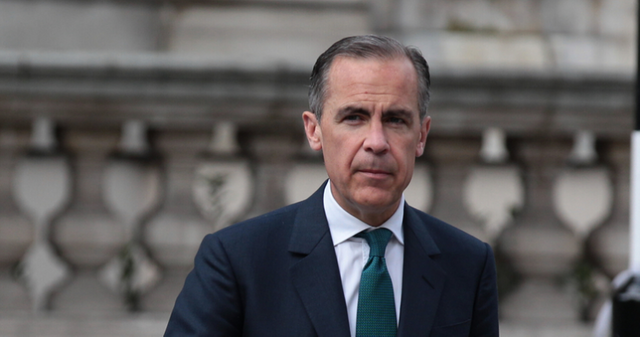BOE’s Carney: Time to Hold Cryptocurrencies to Wider Financial System Standards

Bank of England Governor Mark Carney does not support a ban on cryptocurrencies, favoring instead what sounds a lot like patchwork regulation. Carney made his largely sanguine remarks on crypto virtually, seemingly on cue, March 2 before students at the inaugural Scottish Economics Conference, an audience who he pointed out may very well own bitcoin, ether or Scotland’s digital currency Scotcoin.
Speaking on a topic he entitled “To Isolate, Regulate or Integrate,” Carney decided that isolating society in a jurisdiction from cryptocurrencies could do more harm than good, pointing to China as an example of what not to do.
“If widely adopted, however, isolation risks foregoing potentially major opportunities from the development of the underlying payments technologies.”
China was one of the most active countries in the space only to infamously ban exchanges, banks and payment providers from any crypto-related activity. Instead, Carney points to a “better path,” one that is comprised of regulation for components of the cryptocurrency market to fight fraud and support market integrity and security for the financial system at large.
On that note, he wants to hold cryptocurrencies “to the same standard as the rest of the financial system,” where there is a higher privilege but also greater responsibility.
“A better path would be to regulate elements of the crypto-asset ecosystem to combat illicit activities, promote market integrity, and protect the safety and soundness of the financial system,” he stated. “The time has come to hold the crypto-asset ecosystem to the same standards as the rest of the financial
system. Being part of the financial system brings enormous privileges, but with them great responsibilities.”
Early Innings
He discussed the progress that has been made thus far, such as EU and US regulators holding cryptocurrency exchanges up to the same anti-money laundering and anti-terrorism protocols as the more highly regulated banks. More work needs to be done, and regulators are grappling with issues such as how to classify cryptocurrencies to begin. Carney suggests they fall in the securities camp, and regulating them as such would be a step in the right direction.
Carney got more specific, calling out initial coin offerings, or ICOs, for circumventing securities laws that are there to protect individual investors by relying on “semantics.”
Carney believes that the US CME’s and CBOE’s launch of bitcoin futures has the potential to advance the crypto market toward a higher standard.
Carney’s remarks are timely, as they come ahead of the Financial Stability Board’s report “on the financial stability implications of crypto-assets” to the G20 summit to be held in Buenos Aires later this month.
In his remarks, Carney also took on the role of digital assets as a currency and a store of value. And while he doesn’t expect cryptocurrencies to replace fiat money anytime soon, he warned don’t cramp their style.
“Whatever the merits of cryptocurrencies as money, authorities should be careful not to stifle innovations which could in the future improve financial stability; support more innovative, efficient and reliable payment services as well as have wider applications.”
Carney fittingly quoted American economist Hyman Minsky, saying, “Everyone can create money; the problem is to get it accepted.” Don’t look now but cryptocurrencies appear to be doing just that.